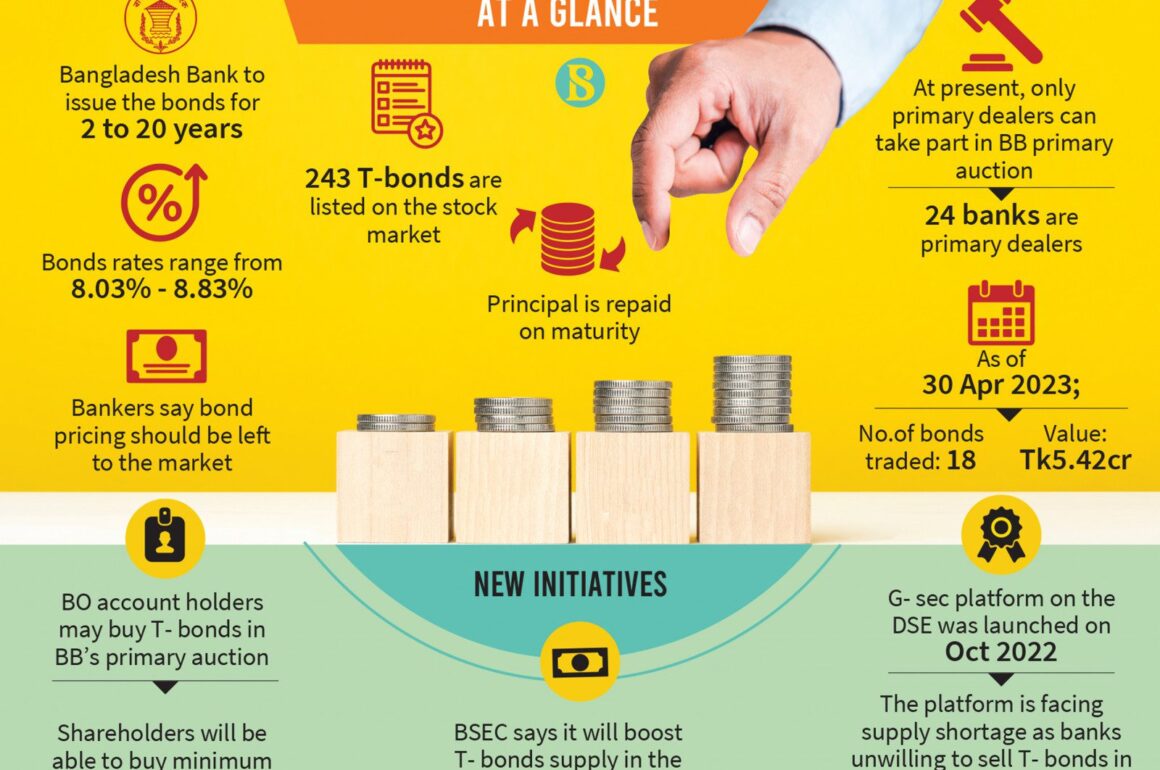**Investment Options for Retirement: Securing Your Financial Future**
Retirement may seem like a distant horizon, but proper planning is essential to enjoy a comfortable and secure golden age. Investing is a cornerstone of retirement planning, and there are a myriad of options to consider.
**IRAs**
Individual Retirement Accounts (IRAs) are tax-advantaged savings accounts designed specifically for retirement savings. IRA contributions can be made on a pre-tax or post-tax basis, with pre-tax contributions reducing your current taxable income. IRA earnings grow tax-deferred, meaning you won’t pay taxes on them until you withdraw the funds in retirement.
There are various types of IRAs to suit individual needs:
* **Traditional IRAs:** Contributions are tax-deductible but withdrawals in retirement are taxed as ordinary income.
* **Roth IRAs:** Contributions are made with after-tax dollars, but qualified withdrawals in retirement are tax-free.
**401(k) Plans**
401(k) plans are employer-sponsored retirement plans that allow employees to contribute pre-tax dollars from their paychecks. Employers may match contributions up to certain limits. 401(k) plans offer tax-deferred growth and potential employer contributions, making them a valuable retirement savings vehicle for those eligible.
**Annuities**
Annuities are insurance contracts that guarantee a steady stream of income for a specific period or throughout one’s life. They provide peace of mind by ensuring a regular income regardless of market fluctuations. However, annuities have high fees, and early withdrawals may be penalized.
**Real Estate**
Investing in real estate can potentially generate passive income through rent and appreciation. However, it requires a significant upfront investment, high ongoing costs, and carries the risks of market downturns and vacancies.
**Other Investment Options**
In addition to the aforementioned options, retirement savings can also be invested in:
* **Stocks and bonds:** Stocks represent ownership in companies and have the potential for growth, while bonds offer stability and income.
* **Mutual funds:** Funds that invest in a diversified portfolio of stocks, bonds, or other assets.
* **Exchange-traded funds (ETFs):** Similar to mutual funds, but traded on exchanges like stocks.
**Choosing the Right Investment Option**
The best investment option for retirement depends on factors such as your age, risk tolerance, and retirement goals. It’s advisable to consult with a financial advisor or tax professional to determine the most suitable strategy for your individual circumstances.

No responses yet